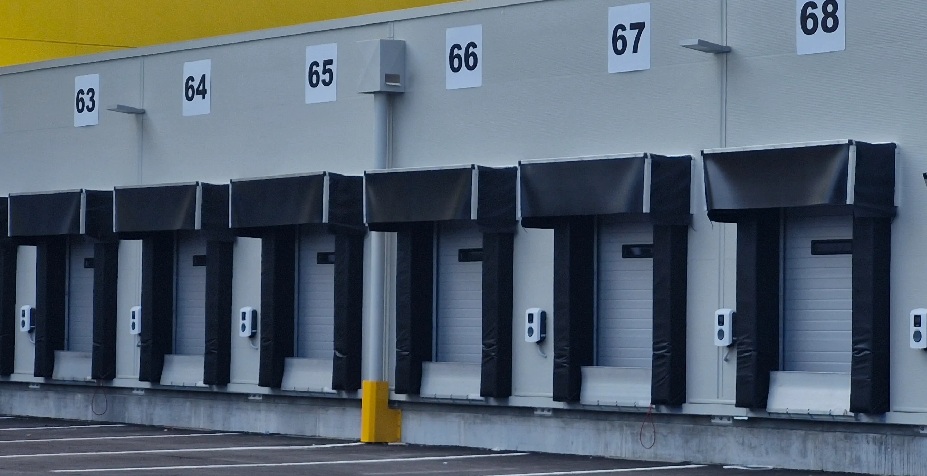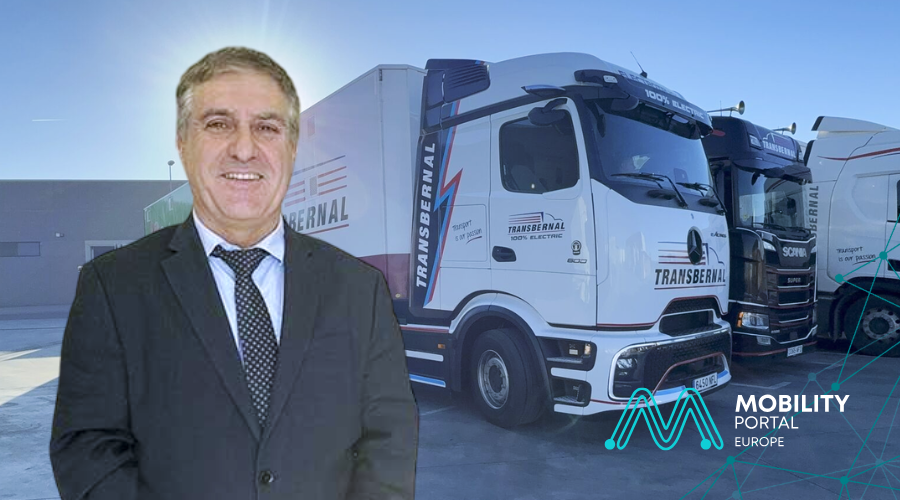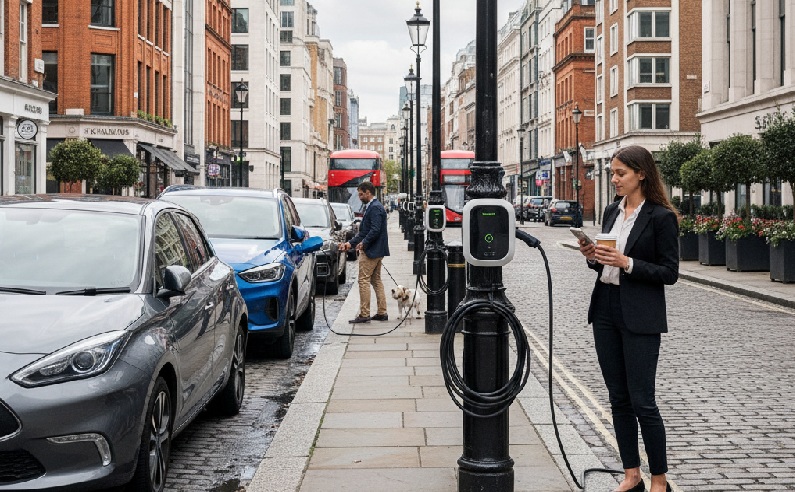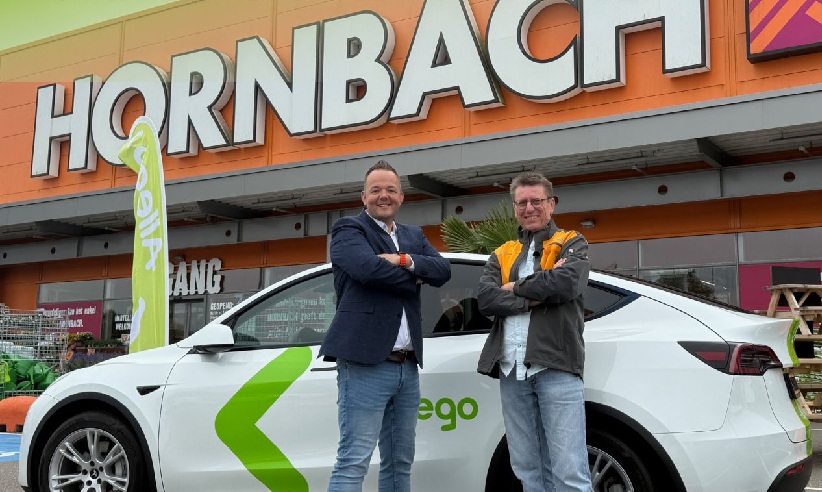Edison Next and DHL Express have announced the installation and commissioning of 117 charging points at their headquarters in Peschiera Borromeo (Milan), the San Giuliano Milanese operational site, and the new logistics centre in Treviso Casier.
Of these, 77 are designated for the predominantly overnight charging of the fully electric van fleet used for last-mile delivery services, while 40 are dedicated to the charging of fully electric and plug-in hybrid company cars.
Through these solutions, Edison Next is supporting DHL Express in its sustainability strategy, which includes the gradual electrification of its fleet.
Edison Next was responsible for the design, supply, installation and commissioning of the infrastructure and will manage both routine and extraordinary maintenance throughout the three-year contract period.
Marco Carvelli, Head of E-Mobility at Edison Next, says: “Ensuring last-mile delivery electric vehicles are always charged and ready at the start of every shift allows DHL Express to carry out its operations with maximum efficiency. At Edison Next, we are committed every day to promoting electric mobility solutions — not only by providing the best available technology, but also by meeting the specific needs of each individual client and offering continuous, prompt support.”
Antonella Sada, Head of Public Affairs, Brand & Communications and Sustainability at DHL Express Italy, states: “By 2030, we aim to electrify 60% of our global fleet. The DHL Group’s ‘Accelerate Sustainable Growth’ strategy places sustainability at the heart of our operations, recognising that investments in decarbonisation are essential for our future and to strengthen relationships with both customers and suppliers.”
She continues: “We’re pleased to be working with Edison Next to accelerate this transition, with a strong focus on developing the infrastructure required to support vehicle charging — both in planning new sites and upgrading existing ones — in order to ensure the continued growth of our last-mile electric fleet, which already covers 19% of our routes.”
The project began with the infrastructure at the Peschiera Borromeo headquarters, where 31 points are currently operational to meet the charging needs of company cars.
These include 29 AC Wallboxes of 22 kilowatts (kW) each for on-site employees, and one DC Wallbox of 50 kW with two CCS connectors, intended for off-site management requiring faster charging during shorter visits.
Subsequently, at the San Giuliano Milanese operational site, 17 AC Wallboxes of 22 kW each were installed and activated to support the charging of the light commercial electric vehicle fleet, along with one dual-socket 22 kW AC Wallbox for employees with company vehicles.
Finally, at the new logistics hub in Treviso Casier — which will consolidate several DHL Express locations in the North-East — 60 AC Wallboxes of 22 kW each have recently been brought online to power electric vans used for last-mile deliveries.
The site is also preconfigured to support up to 90 Wallboxes of the same specification.
Additionally, in the staff car park, a further seven AC points of 22 kW have been installed for company car use.
All of the installed infrastructure has been set up to ensure dynamic load balancing, a system that automatically distributes electrical power among connected devices to optimise residual capacity and prevent overloads.
Using a 24/7 remote monitoring and management platform, Edison Next is able to check in real-time the availability of each charging station, as well as detect any anomalies or faults, ensuring prompt remote support.
Lastly, thanks to RFID (Radio Frequency Identification) cards provided to company car drivers — which are enabled for both private charging at company premises and public charging — it is possible to monitor energy consumption per vehicle and track data from each session.
READ MORE
-
Transbernal va por Mercedes y ecosistema solar: “Nuestro objetivo son 30 camiones eléctricos”
La empresa catalana avanza en la transición hacia la movilidad cero emisiones con una estrategia que combina camiones pesados eléctricos, infraestructura propia de recarga y un ambicioso plan de generación renovable. Aquí, los detalles del plan en exclusiva a Mobility Portal España.
-
Top 5 EV charging infrastructure projects that moved the needle in the UK last month
The UK is progressing with various charge point installation projects, backed by both private investment and public funds. Which companies led infrastructure expansion last month?
-
Allego and HORNBACH to build 160+ fast chargers at 20 DIY stores in the Netherlands
From this project, 20 fast-charging hubs will be built. Considering grid congestion, Allego is combining charging stations with battery storage and smart load balancing.










